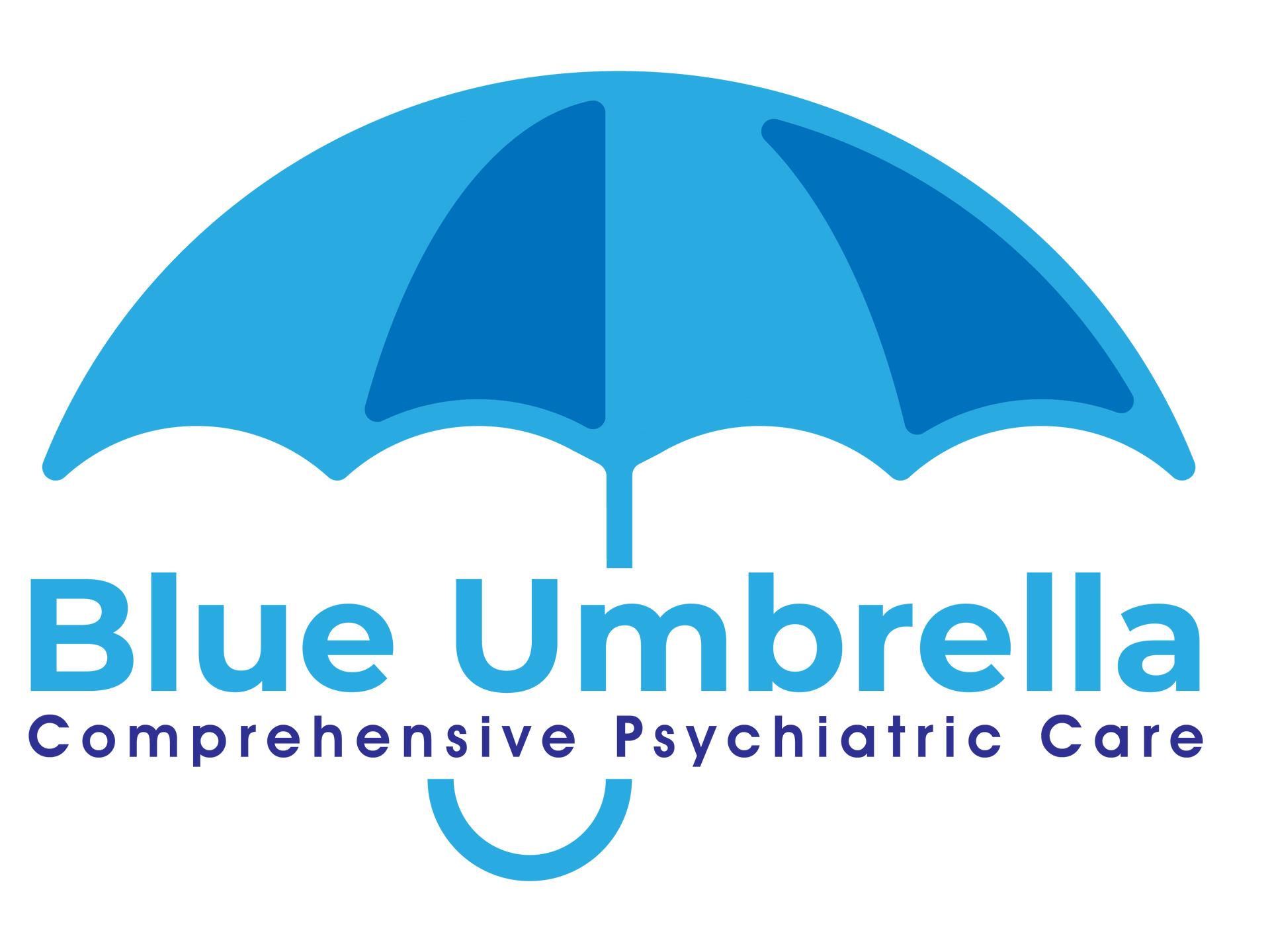P.E.T
Parenting Effectiveness Training
P.E.T Facts
- P.E.T. was designed in 1962 by three- time Nobel Peace Prize Nominee and award-winning psychologist, Dr. Thomas Gordon as a preventive program -- “Training before Trouble.” It was the first parenting program distributed nationwide.
- P.E.T. pioneered teaching parents the essential interpersonal communication skills and was the first to develop a specific methodology for resolving family conflicts so nobody loses (both win).
- P.E.T. was the first parenting program to stress the ineffectiveness and destructiveness of any and all kinds of punishment and to teach parents effective alternatives to punishment. The course was a pioneer in fostering self-discipline as an alternative to power- based externally imposed discipline.
- P.E.T. introduced the concepts of Active Listening, I-Messages, Communication Roadblocks, No-Lose Conflict Resolution, The Behavior Window and Problem Ownership.
- P.E.T. teaches the following: verbal appreciation skills, verbal confrontation skills, feeling-identification skills, empathic therapeutic listening skills, problem-solving methodology, environmental modification methods, family rule-setting, skills of effective consultants, and a six-step conflict-resolution method.
- P.E.T. is only taught by Instructors and Representatives trained and certified by the organization that Dr. Gordon founded, Gordon Training International.
- Over 40,000 P.E.T. Instructors have been trained and certified since 1962, including psychologists, psychiatrists, social workers, marriage and family counselors, school teachers, school counselors, clergy, religious educators, physicians, homemakers, nurses, etc.
- Over 7 million people have been taught (or read a GTI book) the Gordon Model in over 50 countries and in over 27 languages. It has proven applicable to all cultural and ethnic backgrounds.
- The P.E.T. book (1970, 2000) has sold over four million copies world-wide.
- Endorsed by churches of many denominations, public and private schools, child and youth service agencies, family service agencies of all branches of the military, Head Start, National Committee for the Prevention of Child Abuse, U.S. Office of Substance Abuse Prevention, Juvenile Courts.
- P.E.T. is the most imitated parenting program in the world. Dr. Gordon has been called the “father of parent training.”
- The P.E.T. course has been evaluated by over 60 independent research studies.
- Positive effects of P.E.T. most consistently found in research studies: increase in children’s self- esteem; improvement in ratings of children’s behavior by teachers; parents improved their scores on democratic attitudes, acceptance of their children, and understanding of their children; positive effects on both attitudes and behavior of parents endured up to 26 weeks were significantly greater than four other “alternative” parent training programs
- Dr. Gordon was an invited lecturer on the P.E.T. model of parenting in Canada, Sweden, Norway, Finland, Denmark, Australia, Japan, France, Germany, Switzerland, Holland, Bermuda, Portugal, Taiwan, South Korea, Hungary, Iceland, and Ireland, to name a few. Dr. Gordon was the first foreign professional to give a keynote address at a national meeting of the Japanese P.T.A.
- P.B.S. television stations ran 13 half-hour instructional shows on P.E.T.
- P.E.T. was called “a national movement” by the New York Times.
- In addition to the P.E.T. book, Dr. Gordon is the author of Group Centered Leadership, P.E.T. In Action, Teacher Effectiveness Training (T.E.T.), Leader Effectiveness Training (L.E.T.), Discipline That Works, Sales Effectiveness Training and Making The Patient Your Partner: Communication Skills for Doctors and Other Caregivers.
Expectations After P.E.T Participation
- Distinguish between Acceptable and Unacceptable Behavior.
- Determine who "owns the problem" in a given situation.
- Recognize when their child needs their help as a skilled listener.
- Identify the 12 Roadblocks to Communication.
- Avoid the Roadblocks that cause most helping attempts to fail.
- Distinguish between Roadblocks and Active Listening
- Use silence, acknowledgements and door-openers to help their child with a problem.
- Active Listen to hear their child's feelings.
- Acknowledge others' efforts with Appreciate I-Messages.
- Active Listen to clarify information.
- Prevent problems and conflicts using Preventive I Messages.
- Determine what to do when a child’s behavior is interfering with the parent’s meeting their needs.
- Develop a three-part Confrontive I Message.
- Confront their child’s unacceptable behavior with an I-Message.
- Shift gears between I-Messages and Active Listening when appropriate.
- Recognize conflict situations.
- Distinguish between Conflicts-of-Needs and Values Collisions.
- Avoid the use of Method I and Method II.
- Set the stage for Method III Conflict Resolution.
- Use Method III to resolve a conflict between the parent and child.
- Use Method III to mediate a conflict between others.
- Handle Values Collisions.
MORE MATERIALS AND INFORMATION
Contact
Main: 954-341-5215
Fax: 954-613-9047
Email: office@blueumbrellapsychiatry.com
10400 Griffin Road, Suite 101
Cooper City, FL 33328
© 2025
All Rights Reserved | Blue Umbrella Psychiatry



